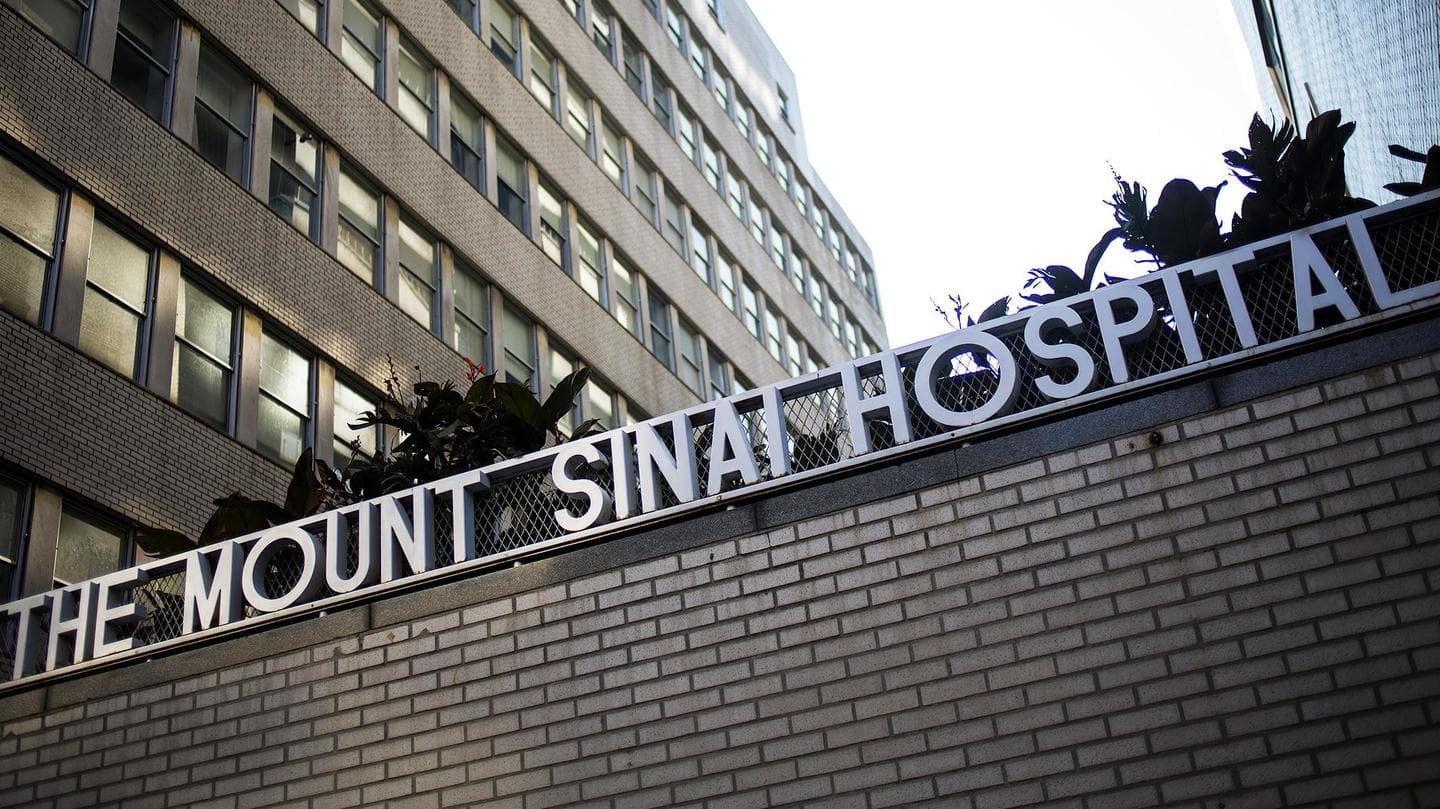
Smartwatches can catch COVID-19 a week before symptoms?
What's the story
A study published by researchers from Mount Sinai in New York found the Apple Watch is capable of detecting COVID-19 in the wearer up to a week prior to clinical diagnosis.
It involves measurement and monitoring of heart rate variability (HRV) using a companion app. The study's corresponding author Robert P Hirten has previously used HRV to predict flare-ups in inflammatory bowel disease patients.
Quote
Dr. Hirten on using wearables for early diagnosis
"Developing a way to identify people who might be sick even before they know they are infected would really be a breakthrough in the management of COVID-19. One of the challenging things about COVID-19 is that many people are asymptomatic, but are still contagious."
Non-invasive
Researchers explain how wearables can be integral to medical prognosis
Smartwatches deliver data in real-time with minimal hassle, compared to a conventional PCR nasal swab which can cause discomfort. The latter also takes longer and puts more individuals involved with the testing process at risk.
The study titled Warrior Watch followed a set of 297 frontline healthcare professionals between April 29 and September 29 using Apple Watches, monitored through the Warrior Watch Study app.
Undeniable evidence
Research findings summarily reaffirm wearables' significance in medical diagnosis
The Mount Sinai study published in November showed that changes in the wearer's autonomic nervous system function, characterized by HRV, are associated with diagnosis of COVID-19 by nasal PCR up to seven days after HRV anomalies are detected.
Researchers also discovered that wearers' HRV pattern would normalize, and become indistinguishable from that of a healthy person, between one and two weeks after diagnosis.
Quote
Co-author Zahi Fayad on the significance of this study
"This technology allows us not only to track and predict health outcomes, but also to intervene in a timely and remote manner, which is essential during a pandemic that requires social distancing."
Crucial role
Independent global incidents concur with Mount Sinai study findings
In fact, the PGA tour partnership with Whoop health trackers might have helped player Nick Watney realize he was positive.
A similar study from Stanford University found wearers of other fitness trackers from Garmin and FitBit exhibited anomalies in their resting heart rate up to nine days prior to clinical diagnosis. This study has an 81-percent accuracy rate for early detection of COVID-19.
Chasing profits
Smartwatch makers fail to capitalize on the pathbreaking study
Notably, Apple didn't participate in or fund the study, but is aware of its smartwatch's capabilities. CEO Tim Cook in September touted its role in the Mount Sinai study.
It is disappointing to see large corporations being aware of the potential their products have and not stepping forward in these critical times. Companies should proactively update software for products to utilize path-breaking research findings.